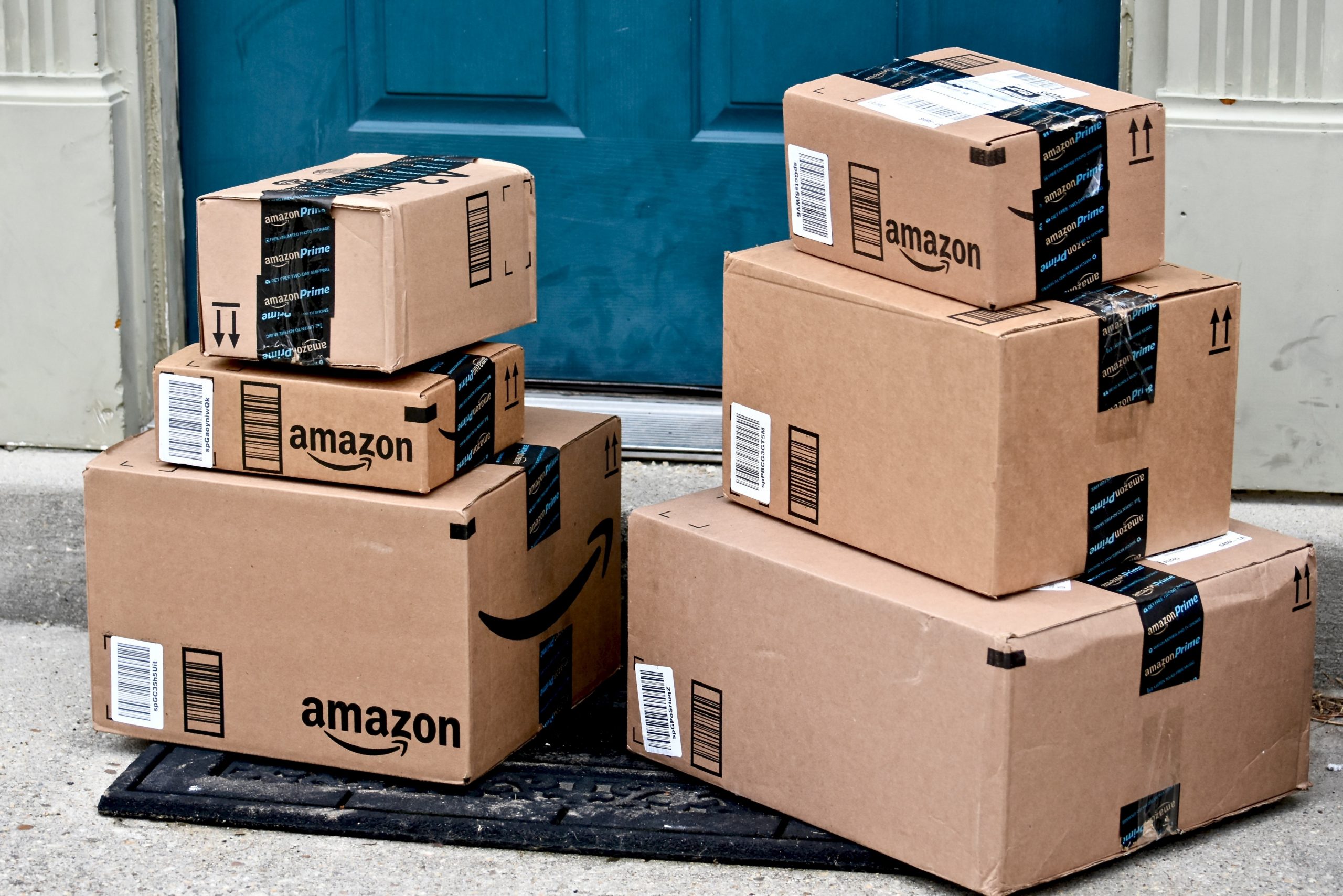Household Bills
What is Amazon ‘brushing’ and have you been a victim?

If you’ve received mysterious parcels from Amazon which you didn’t order, you could be a victim of a ‘brushing’ scam.
Brushing is where sellers game Amazon Marketplace to work their way to the top of the rankings for various products.
According to Which?, more than one million households in the UK could have been caught up in this kind of scam whereby third-party sellers exploit Amazon’s search ranking system for products by sending items to unsuspecting people, and then falsely logging them as genuine purchases to inflate sales volumes.
The consumer champion is concerned that the scam means consumers are at risk of being misled when they buy products on the platform.
Which? surveyed almost 2,000 people and found that 4% of respondents said they or someone in their household had received a mystery Amazon package at their home address that they didn’t order, was not sent by a known person, and was not taken in for a neighbour. Scaled up this would mean 1.1 million UK households could have been targets of brushing.
People reported receiving items such as magnetic eyelashes, eyelash serum, toys for pets and children, bluetooth accessories, an iPhone case, a frisbee, medical gloves and more. These items are cheap to ship in large volumes, which is a typical hallmark of the scam.
Some sellers take the brushing scam a step further by creating a fake Amazon account linked to the unsuspecting recipient’s address to ‘purchase’ the item themselves and then leave a glowing fake review.
Which? has heard from victims who have been inundated with items, from cheap electronics to beauty products, that they knew nothing about turning up at their door. This raises questions over how their personal details were found as well as the environmental impact caused by these unwanted items.
Of the respondents in Which?’s survey who received a mystery Amazon parcel that they didn’t order, six in 10 (63%) said they kept them, while one in five (18%) threw them away and one in six (16%) gave them away.
Amazon told Which? that brushing is “orchestrated by bad actors” and that it “has robust processes in place to prevent abuse from impacting our reviews, search rankings and other customer experiences.”
Amazon has said sellers find the addresses, and in some cases names, from a wide range of publicly available sources – for example, where a company sells on customer data.
But there are other ways Amazon sellers can access addresses – including potentially from Amazon itself via its seller platform for merchants, and from a seller’s list of customers that it serves on other marketplaces and platforms. Which? checked, and by viewing invoices, Amazon sellers appear to have access to customers’ addresses. It is not clear, however, how many brushing scams originate from this data.
Which? spoke to marketplace experts based in Shenzhen, China, where many Amazon third-party sellers are based.
Eric, a marketplace logistics expert based in Shenzhen, told Which? that brushing is widespread and “systematic.” He said: “Brushing has been going on for at least a decade. The only reason it has now gone wild is because ecommerce has been accelerating very rapidly, especially because of the pandemic.”
Which? believes that Amazon needs to investigate all instances of suspected brushing scams and ensure that it holds any sellers that are gaming its marketplace system to account.
Rocio Concha, Which? director of policy and advocacy, said: “Consumers should be able to trust that the popularity and reviews of products they are buying online are genuine, so it is troubling that third-party sellers appear to be using brushing scams to game Amazon Marketplace.
“Amazon needs to do more to thoroughly investigate instances of brushing scams and take strong action against sellers that are attempting to mislead consumers. Which?’s #JustNotBuyingIt campaign is also demanding that strong new laws are introduced by the government to force tech giants to protect people online.”